by Carrie Barron, MD
Why do we listen to music? What does it do for us? Whether we are a spectator or a creator, music can improve well-being. Studies show that music can relieve anxiety, improve cognition, decrease pain, elevate mood, and help people stick with an exercise plan. While people’s tastes are subjective, it is a scientific fact that music enhances health and well-being.
During a time of heart-wrenching injustice, social distancing, and ongoing uncertainty or unsafety, music can help. Maybe it captures emotions you have trouble putting into words, takes you away from a terrible day, or brings a community together in strength. Where would we be without music?
Perhaps the real question is, where would we be without musicians?
The Musician Treatment Foundation helps to provide specialized care for the hands, elbows, shoulders, and hearts of musicians. Because their limbs are their livelihood and their hearts hold their passion, an injury can feel terrifying, especially when access to care may seem impossible for financial or other reasons. We are here to help. The well-being of musicians matters. For all of us.
Stay tuned. In future posts, we will explore topics that address psychological health for musicians and hope to hear your voice. If there is a subject you wish for us to address, please write to us at info@mtfusa.org.
About the Author:
Carrie Barron, MD is a certified Positive Psychology and Emotional Well-being Coach, a psychoanalyst, and a classically trained singer. She is the Director of Creativity for Resilience at Dell Medical School in Austin, TX and served on the faculty of Columbia University for 19 years. Carrie is also a member of the Austin Women’s Jazz Choir. She and Alton Barron, MD wrote The Creativity Cure: How to Build Happiness with Your Own Two Hands to share their fascination with how purposeful hand use enhances mind and mood. She also shares insights with millions of online readers of her blog on Psychology Today.

